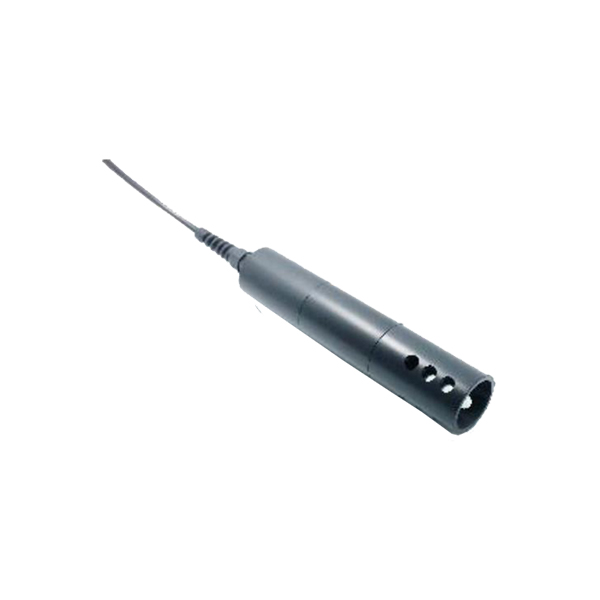Product Description
Description
The measuring principle of the sensor is to place two parallel plates in the solution to be measured, add a certain potential (usually a sine wave voltage) at both ends of the plate, and then measure the current flowing between the plates, the sensor has two types of two-probe and four-probe. According to the use of the environment can be equipped with self-cleaning function. Data stability, reliable performance; built-in self-diagnosis function to ensure accurate data; simple installation and correction.
Specification
- Measure principle: Contact-type, Induction type
- Conductivity Range: 0.055 to 20 μS,0.5 to 200 μS,0.01 to 2 mS,0 to 200 mS
Four Electrodes: 0.1 to 100 mS, Including TDS & SLT measurements - TDS Range: 0 to 70 ppt (70,000ppm)
- Salinity Range: 5 to 60g/kg
- Resolution: 0.01
- Accuracy.: ±1 %
- Response Time: < 5 s
- Operate Temp.: 0 to 45°C
- Store Temp.: -15 to 65°C
- Protection: IP68
- Flow rate: ≤2.5 m/s
- Pressure: 4bar
- Weight: 1.65kg (Sensor with 3m Cable)
- Material: Standard PVC, Optional Stainless Steel, PP, PVDF or PTFE
- Signal Interface: Modbus RS485 (Option SDI-12)
- Power: 24VDC by GDC
- Mounting: Immersion, Optional Insertion with Retractor Assembly
Application
- Urban wastewater treatment
- Industrial effluent treatment
- Surface water monitoring
- Drinking Water
- Sea Water
Dimension


